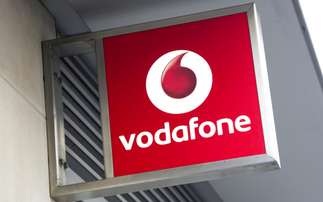2014 ruling by High Court to block websites over counterfeit goods upheld
Some of the UK's biggest ISPs have lost an appeal against a 2014 ruling by the High Court in London requiring them to extend their blacklists to encompass websites accused of selling counterfeit go...
To continue reading this article...
Join Computing
- Unlimited access to real-time news, analysis and opinion from the technology industry
- Receive important and breaking news in our daily newsletter
- Be the first to hear about our events and awards programmes
- Join live member only interviews with IT leaders at the ‘IT Lounge’; your chance to ask your burning tech questions and have them answered
- Access to the Computing Delta hub providing market intelligence and research
- Receive our members-only newsletter with exclusive opinion pieces from senior IT Leaders



















